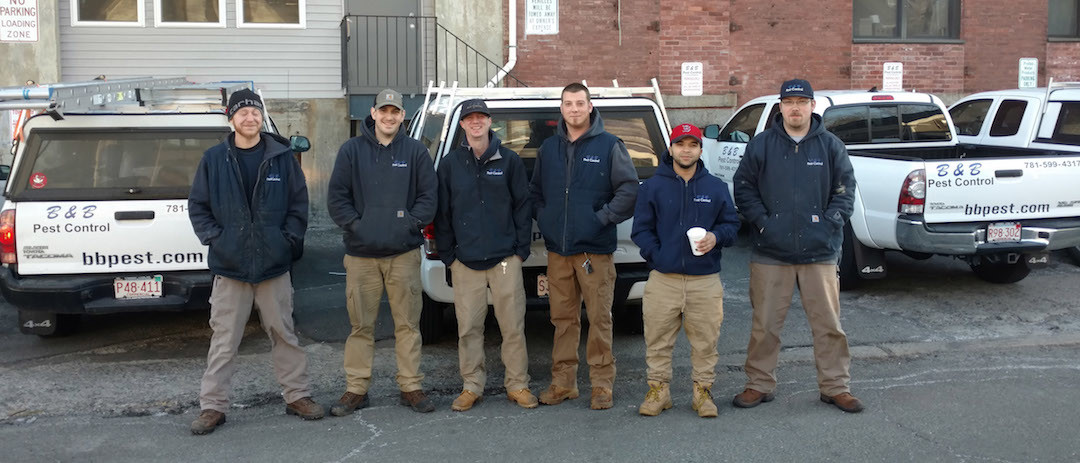Virtually all spider species produce venom, but most of these species possess fangs that are too small to penetrate human skin. Of the more than 40,000 documented spider species worldwide, it is believed that only 20 to 30 produce venom that can be medically harmful. In Massachusetts, the most commonly controlled indoor spider pests that are capable of inflicting penetrative bites to humans include several wolf spider species, American house spiders, northern black widow spiders, yellow sac spiders, northern cobweb spiders, Parson spiders, and grass spiders. With the exception of extremely rare allergic reactions to otherwise benign venom, most of the spider species listed above do not inflict medically harmful bites. Much like brown recluse spiders, yellow sac spiders prefer to dwell in structures, and they have been known to inflict bites that result in necrotic wounds, but such incidents are very rare. The northern black widow (Latrodectus variolus) is the only spider species found in Massachusetts that is capable of inflicting bites that frequently result in medically serious symptoms, and in rare cases, death.
Northern black widows are often found in large numbers around homes on Tuckernuck Island, but they are rarely spotted around homes on the mainland. However, back in the early summer of 2017, a 5 year old girl sustained a black widow bite while at her Mendon home. The young victim nearly succumbed to the toxic effects of the spider’s venom, but luckily, she recovered during a lengthy hospital stay. For the past few decades, the lives of countless black widow spider bite victims have been saved by the clinical use of an antivenom treatment specifically designed to address black widow envenomations. Up until black widow antivenom became widely available, deaths from black widow bites were not uncommon in the northeast.
Back in 1935, a 26 year old Worcester resident, Stephen Liarsky, committed suicide via a black widow bite. Liarsky was either unaware of the northern black widow’s native presence in his state, or was unable to find live specimens, as he ordered the live black widow specimen from a vendor in California. Before provoking a bite out of the arachnid, Liarsky wrote a suicide letter describing his feelings of depression over not having succeeded in securing employment, and he made his suicide-by-spider plan known as well. Eventually, Liarsky was rushed to Massachusetts City Hospital where doctors struggled to reverse the toxic effects of the venom, while also taking calls from spider bite specialists from all over the US. Out of desperation, doctors administered intravenous adrenaline and glucose, but sadly, Liarksy ultimately died from the black widow envenomation within 24 hours following the bite.
Have you ever encountered a black widow in New England?

